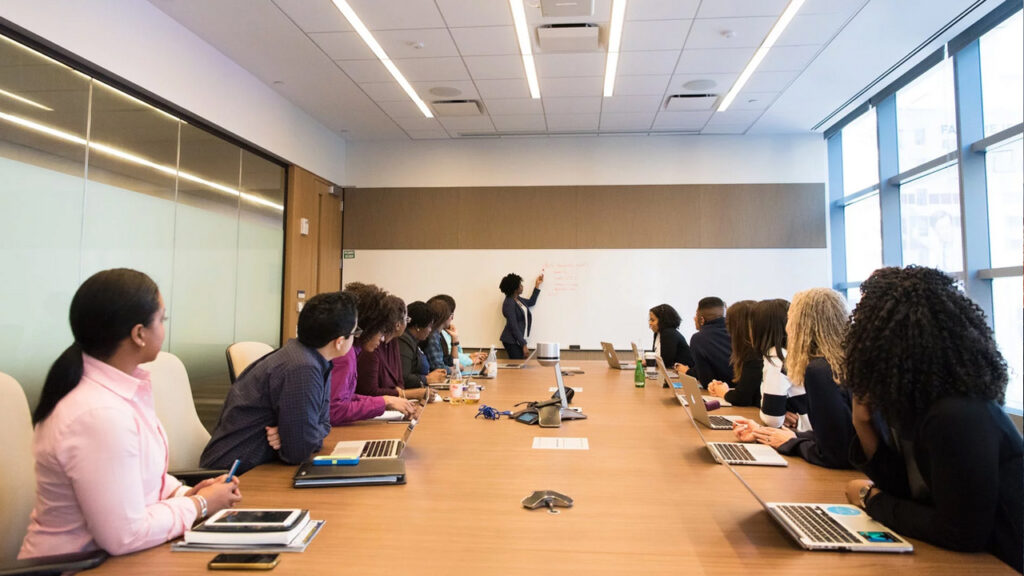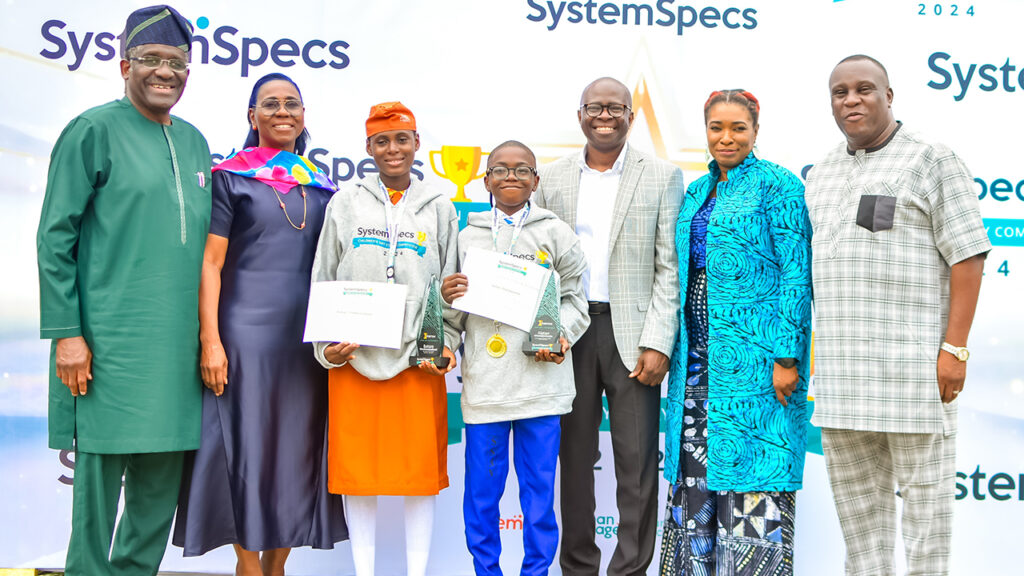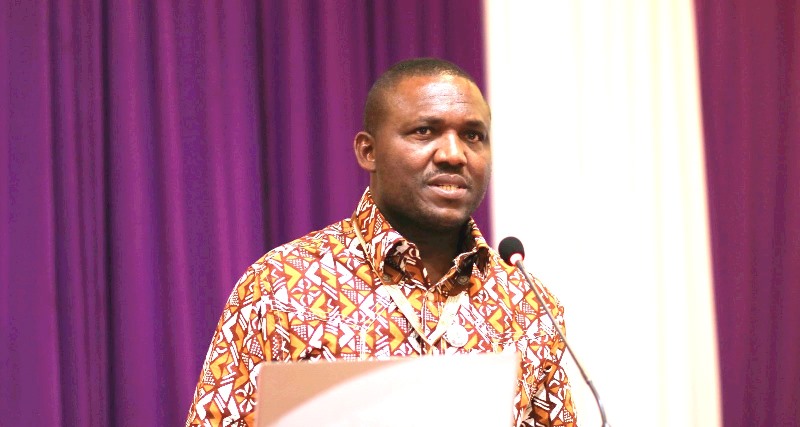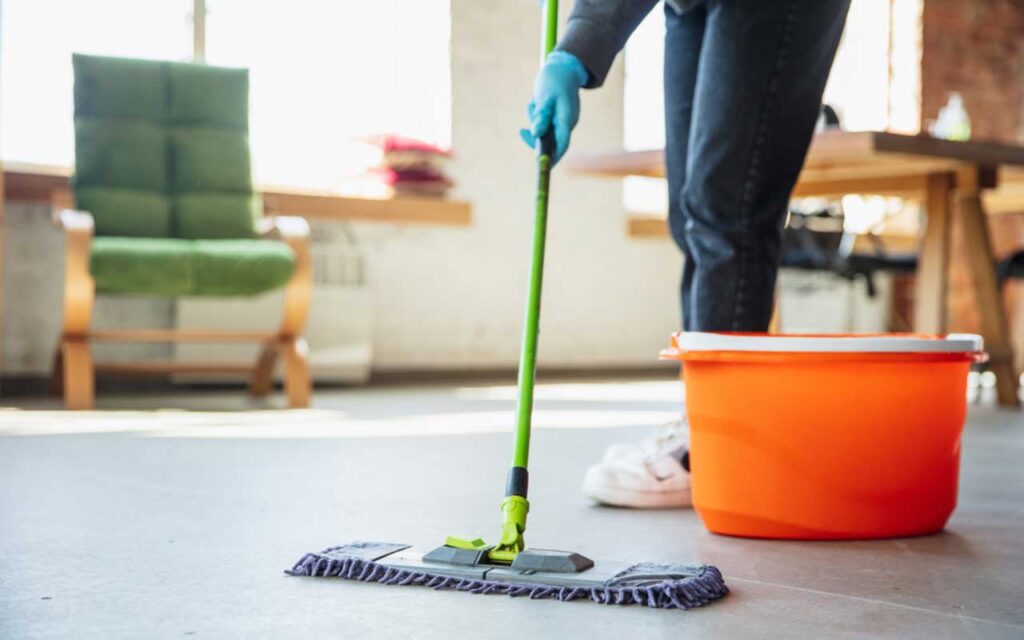
The Interior Design Association of Nigeria (IDAN) has highlighted the challenges of infrastructure such as poor power supply and trained personnel as the major setback affecting the industry.
President, IDAN, Dr Jennifer Chukwujekwe, said this in Lagos, during the celebration of World Interior Day with the theme: ‘Bridging the Gap for a Better Multigenerational Future’.
According to her, if the sector gets more people trained on the job with the skills that are required and the technical know-how, it will be easier and better for the industry.
She expressed worry about the low sustainable practices in the country, charging the government to prioritise sustainable practices for citizens to live a better life. She said if sustainable practices are enforced in the country, it would help create spaces that support a healthier planet for future generations.
When we begin to use materials that will not affect the environment, we tend to leave a positive environmental legacy. So, government and the industry must endeavour to prioritise sustainability,” she said.
In her keynote address, Commissioner for Women Affairs and Social Development in Ogun State, Motunrayo Adeleye, emphasised that by prioritising sustainability, the built environment can support the well-being of generations to come.
This commitment to sustainability she said is not just about preserving resources but also creating a legacy of responsible and ethical design.
“Using eco-friendly materials and energy-efficient technologies can reduce our environmental impact. This is all about our environment and we can use our designs to create healthier living spaces for current and future generations.
“As interior design professionals, students, architects and engineers, we have the power to transform communities. By focusing on an inclusive design, we can empower individuals, and groups to contribute meaningfully to their environment. This empowerment fosters a sense of belonging and purpose which is essential for a harmonious multi-generational coexistence,” Adeleye said.
Treasurer, IDAN, Titilope Fowora noted that IDAN was very keen on sustainability as they are the stewards of the environment.
According to her, if a person designs sustainably, he is preventing waste and being economical with resources.
Her words: “It’s key that we source for sustainable materials, eco-friendly as much as possible, even recyclable, reusable, and things like that. So we have to be respectful of the environment of our ecosystem and design in ways that minimise waste.
“We encourage that because we all trying to build a green planet, and every one of us is responsible, not just as consumers but as professionals that are in charge sort of telling people how to co-exist in the environment. So, we have to be as green as possible, as forward thinking as possible and design not just for ourselves, but design for the future so that people don’t feel the need to constantly reinvent the wheel or redesign,” she said.











